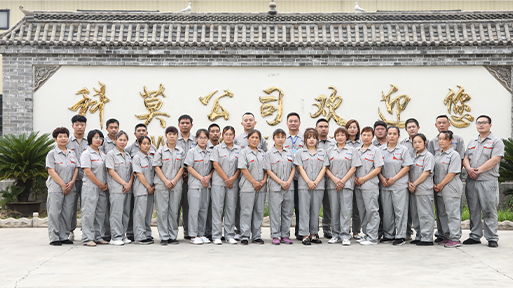High-Performance Fuel Hose for Gasoline Applications in Automotive Industry
Oct . 18, 2024 17:25 Back to list
High-Performance Fuel Hose for Gasoline Applications in Automotive Industry
The Importance of Gasoline Fuel Hoses in Automotive Applications
Gasoline fuel hoses play a crucial role in the functioning and safety of internal combustion engines. These hoses are designed to transport fuel from the tank to the engine, and their performance can significantly impact vehicle efficiency and safety. Understanding the materials, construction, and maintenance of gasoline fuel hoses is essential for consumers and automotive professionals alike.
Materials and Construction
Gasoline fuel hoses are typically made from a combination of rubber and synthetic compounds. These materials are selected for their ability to resist the damaging effects of gasoline, oil, and various chemicals. The hoses must also withstand varying temperatures and pressures, making durability a priority in their design. The inner lining is often made of a special fluoropolymer or rubber that is resistant to fuel permeation, which helps to prevent fuel leaks and emissions.
The construction of these hoses may involve multiple layers to enhance strength and flexibility. Reinforcement in the form of braided textile or steel mesh is often included to provide additional structural integrity. This multi-layer approach ensures that gasoline fuel hoses can handle the stress of continuous use and high-pressure conditions, especially in performance vehicles.
Safety Considerations
One of the primary functions of gasoline fuel hoses is to ensure the safe transport of fuel. Any degradation or failure in these hoses can lead to fuel leaks, which can pose serious hazards, including fire risks. Therefore, regular inspection and maintenance of fuel hoses are imperatives that vehicle owners cannot ignore.
Manufacturers often include specific performance standards that fuel hoses must meet, such as resistance to fuels at high temperatures and pressures. Understanding these standards can empower consumers to choose the right replacement hoses that meet or exceed the original equipment manufacturer (OEM) specifications.
gasoline fuel hose

Signs of Wear and Tear
It is essential for vehicle owners to be vigilant about the condition of their gasoline fuel hoses. Over time, exposure to heat, oil, and the elements can lead to wear and tear. Common signs of deterioration include cracking, stiffness, or softening of the hose material. Any visible leaks around the hose or its fittings are a clear indication that the hose needs to be replaced immediately.
Regular inspections, especially before long trips or during routine maintenance checks, can help identify potential issues before they escalate into severe problems. Vehicle owners should also adhere to manufacturer-recommended replacement intervals, as proactive measures can save time, money, and potentially dangerous situations.
Environmental Impact
The automotive industry is increasingly aware of its environmental impact, leading to a growing focus on sustainability. Gasoline fuel hoses play a role in minimizing emissions. Hoses that are resistant to fuel permeation not only improve performance but also help reduce evaporative emissions, contributing to cleaner air.
Innovation within the industry has led to the development of alternative materials that are not only better for the environment but also enhance the longevity and reliability of fuel hoses. The future may see an even greater emphasis on eco-friendly materials and manufacturing practices, aligning with global sustainability goals.
Conclusion
Gasoline fuel hoses are vital components in the automotive ecosystem, ensuring the safe and efficient transport of fuel to engines. Understanding their construction, maintenance needs, and environmental impacts is essential for vehicle owners and automotive professionals. By staying informed and proactive about fuel hose maintenance, consumers can enhance vehicle performance and safety while contributing to a greener planet. As technology evolves, the industry is poised for further advancements that will continue to improve the quality and sustainability of gasoline fuel hoses, ultimately leading to better-performing and safer vehicles for everyone.
